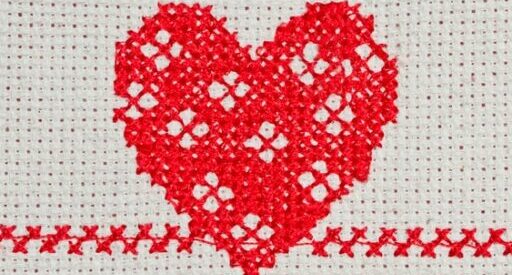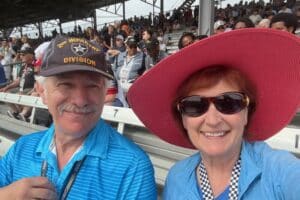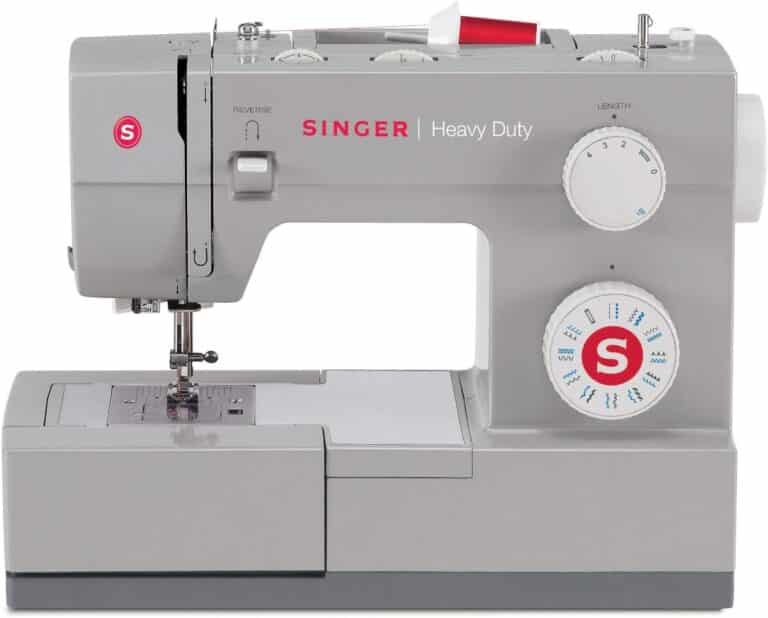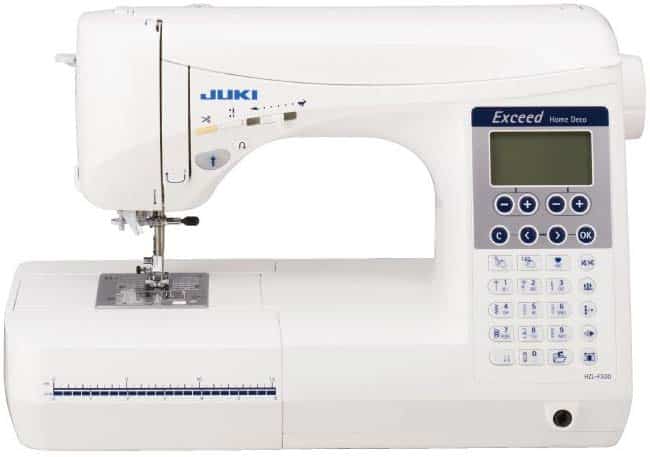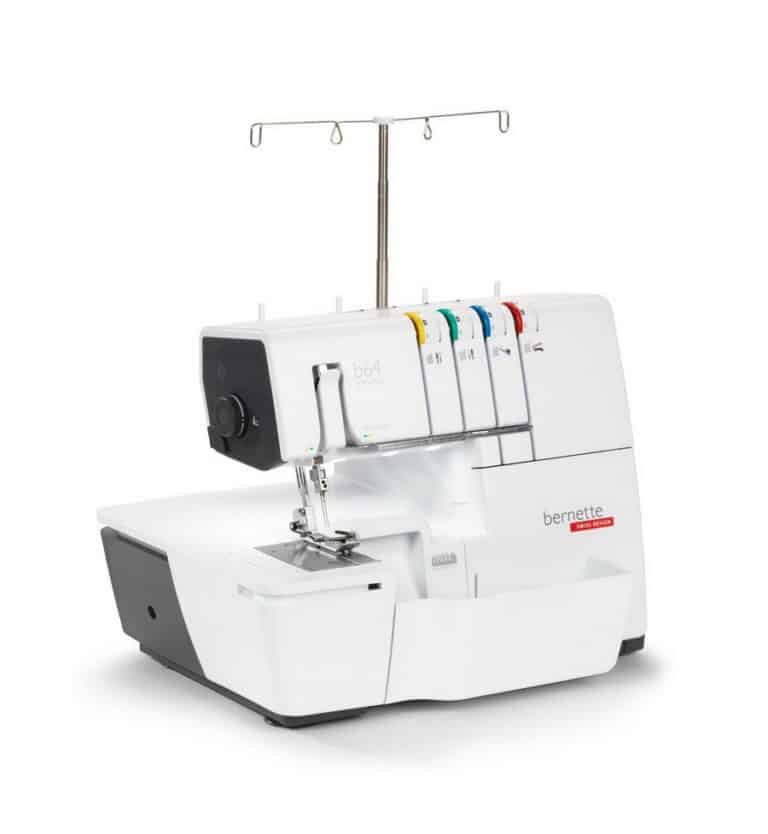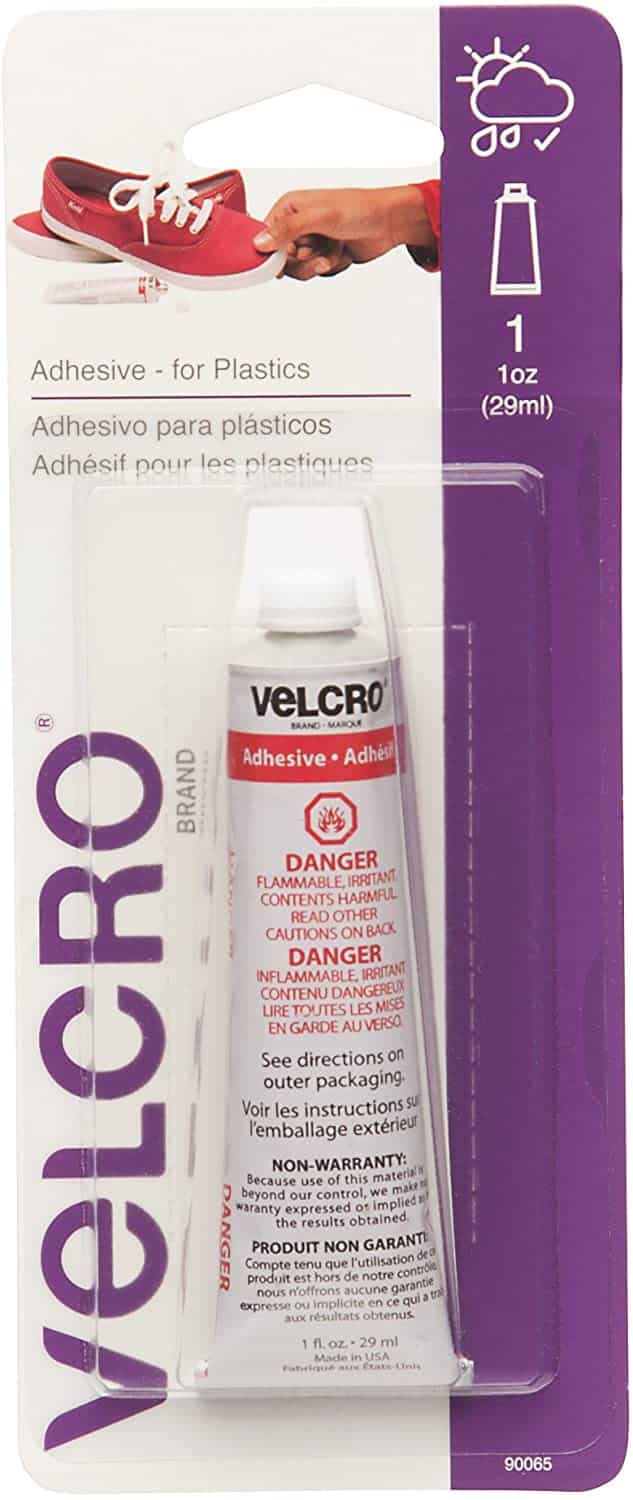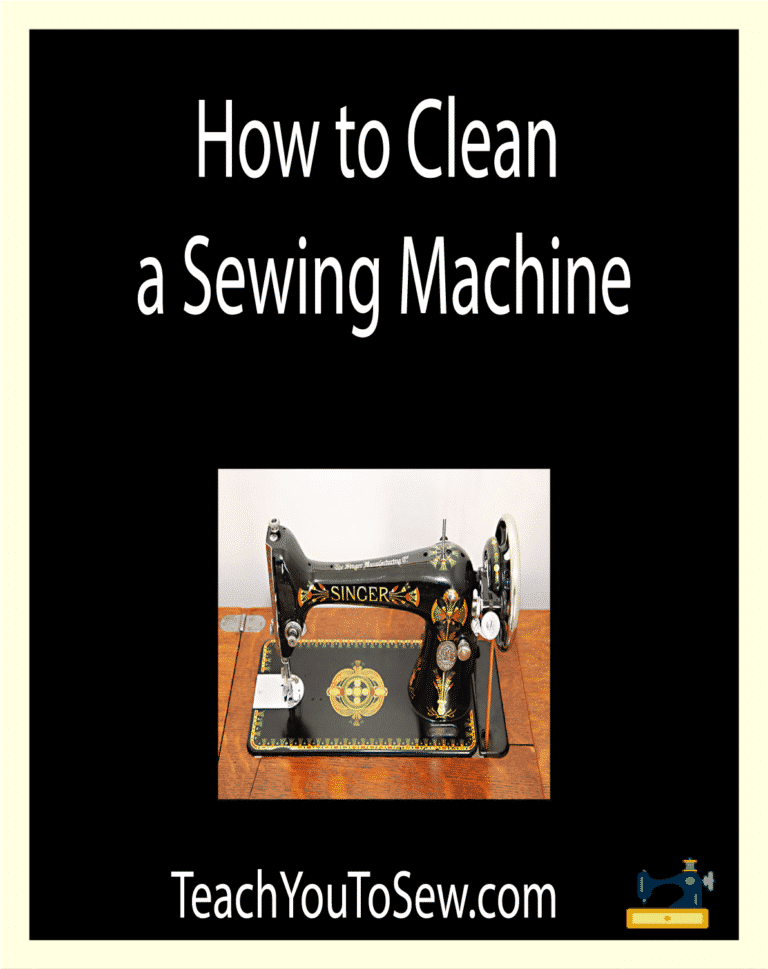Juki vs Brother Sewing Machine Comparison: Unbiased Review of Features and Performance
When it comes to selecting a sewing machine, the choice often boils down to two powerhouse brands: Juki and Brother. Both brands have a rich history in the sewing industry and offer a wide variety of machines that cater to different sewing needs and skill levels.
Juki, hailing from Japan, is renowned for its heavy-duty and industrial-grade machines, making a statement with its durable build and precision stitching. Brother, on the other hand, not only shines in the world of sewing but also occupies a significant space in the realm of electronics, offering sewing machines that combine craftsmanship with technological innovation.

The debate between Juki and Brother sewing machines is not a matter of black and white. Each brand brings its own strengths to the table, and the best choice depends on the user’s requirements and preferences.
For those seeking machines that can handle a high volume of work with ease, Juki models often stand out. Meanwhile, Brother sewing machines tend to offer user-friendly interfaces and a broad spectrum of built-in features, which appeal to both beginners and experienced sewists.
A comprehensive comparison of these two brands requires an honest look at their offerings, weighing factors such as performance, ease of use, variety of functions, and overall value.
Table of Contents
- 1 Brother Sewing Machines
- 2 Juki Sewing Machines
- 3 Comparison Factors
- 4 Frequently Asked Questions
- 4.1 What distinguishes Juki industrial sewing machines from Brother industrial models in terms of performance?
- 4.2 How do the features of Juki sergers compare to those of Brother sergers?
- 4.3 Between the Juki DDL-8700 and the Brother PQ1500SL, which machine offers more reliability for professional use?
- 4.4 What are the common issues faced by users of the Juki UX8 sewing machine?
- 4.5 In user experiences shared on online forums, which brand, Juki or Brother, receives more favorable reviews for their sewing machines?
- 4.6 Considering maintenance and durability, which brand tends to have sewing machines with fewer reported problems?
Key Takeaways
FINAL DECISION: Novice sewers might find comfort in Brother’s simplicity, while experienced hands might appreciate Juki’s advanced capabilities.
- Juki and Brother brands cater to different sewing needs with distinctive features.
- Juki is known for industrial-grade durability while Brother offers technological sophistication in sewing machines.
- An informed comparison requires considering various factors to determine the suitable machine for individual sewing projects.
Brother Sewing Machines
In my experience, Brother sewing machines stand out for their affordability and ease of use, making them a solid choice for both beginners and seasoned sewers looking for versatility in their home projects.
Affordability and Accessibility
When it comes to budget-friendly sewing machines, I’ve found that Brother offers a wide range of options. Take, for example, the Brother XM2701, a model that balances price and features quite well. For those concerned about the long-term value, Brother backs up their machines with a competitive warranty, providing an extra layer of security for your investment.
User-Friendly for Beginners
I’ve personally noticed that Brother sewing machines are remarkably user-friendly. Many models, including the Brother XM2701, boast automatic threading, a breeze for beginners. The simplicity of stitch options and ease of setup allow newbies to hit the ground running without getting bogged down by overly complex functions.
Versatility for Home Projects
From quilting to crafting, Brother machines like the Brother PQ1500SL don’t skimp on versatility. This model is a quilting machine powerhouse that doesn’t disappoint when it comes to handling thicker fabrics. Additionally, the array of accessories offered with various Brother machines extends their functionality, catering to a multitude of home projects.
Juki Sewing Machines
In my experience with various brands, Juki’s reputation for high-quality construction and advanced features positions their machines particularly well for both professional and dedicated hobbyist sewers. They offer an impressive sewing speed alongside models like the Juki TL-2010Q, which is a hit in the quilting community for its precision.
Performance for Serious Sewers
My encounter with Juki sewing machines makes it clear that they are built for those who sew with a purpose. The Juki TL-2010Q is a prime example with its ability to handle detailed quilting projects. Its advanced features facilitate a high degree of control, essential for intricate work.
Capability with Thick Fabrics
When tackling multiple layers or heavy materials, Juki sewing machines like the Juki DDL-8700 unveil their true power. It’s an industrial-grade workhorse that can easily manage thick fabrics. Juki’s machines marry solid built quality and durability, ensuring steady performance under strenuous conditions.
Specialized Sewing Machines
Juki’s lineup isn’t just about conventional sewing machines; their sergers and cover stitch machines are a testament to the brand’s industrial prowess. These specialized machines cater to those who require strong and consistent stitching, often sought by professionals creating high-volume products.
Comparison Factors
When looking at Brother versus Juki sewing machines, I hone in on price points, usage intentions, and the tug-of-war between ease of use and advanced features. Here’s how these sewing titans stack up:
Price Point and Budget Considerations
Brother: Known for affordability, Brother offers machines that won’t break the bank. I find their entry-level models starting as low as $160, fitting snugly within a beginner’s budget.
Juki: On the flip side, Juki tends to lean towards a higher price range, justifying it with their industrial-grade durability and precision. However, the starting price point could be steep for hobbyists.
Bottom Line: Your budget will significantly influence whether you snag a deal with Brother or invest in Juki’s robust engineering.
Intended Use and Project Scale
Brother: Ideal for domestic use and varied sewing tasks, Brother machines often cater to small-scale sewing projects. If I’m whipping up homemade crafts or mending attire, a Brother machine is my go-to for its versatility.
Juki: In contrast, Juki shines in a commercial environment or for large-scale sewing projects. If I’m aiming for high-volume sewing or intricate quilting, a Juki’s superior strength and speed stand out.
Takeaway: Match your machine to your project’s size and complexity—Brother for the household seamstress, Juki for the zealous tailor.
Ease of Use vs. Advanced Features
Brother: The brand excels in user-friendly interfaces, making them a fantastic choice for beginners. I often recommend Brother to friends who are entering the world of sewing due to their straightforward functionality.
Juki: For those who are seasoned in sewing, Juki’s advanced features offer a tempting challenge. With their professional-grade options, I feel like a pro handling more complex tasks.
Frequently Asked Questions

In my time comparing sewing machines, I’ve noticed that sewists often wrestle with finding clear answers about Juki and Brother sewing machines. Let me thread my way through some of the most frequently asked questions to give you the stitch-by-stitch details.
What distinguishes Juki industrial sewing machines from Brother industrial models in terms of performance?
I’ve found that Juki industrial machines generally focus on high-speed sewing and durability, and they often include features tailored to professional environments. For instance, many Juki models offer superior fabric feeding and can handle a wide range of materials with ease. On the other hand, Brother industrial sewing machines are often praised for their user-friendly features, including touch-screen interfaces and built-in tutorials, which can be quite handy for streamlining workflow.
How do the features of Juki sergers compare to those of Brother sergers?
Juki sergers are frequently lauded for their robust build and heavy-duty performance, capable of executing high-quality overlock stitches at a speed that professionals appreciate. Juki Sewing Machines are built to endure. Brother sergers, however, tend to offer a broader array of user-friendly features, such as easier threading with color-coded guides, which make them quite accessible for beginners or those looking to serge without a fuss.
Between the Juki DDL-8700 and the Brother PQ1500SL, which machine offers more reliability for professional use?
When it comes to professional use, the Juki DDL-8700 is a workhorse that delivers consistent, fast sewing speeds and generally receives high marks for its performance on a variety of fabrics. The Brother PQ1500SL, while also reliable, is often highlighted for its precision in straight stitching and built-in fabric extension table, making it a favorite for quilters. For non-stop, heavy-duty sewing, I might lean towards the Juki’s reliability.
What are the common issues faced by users of the Juki UX8 sewing machine?
Despite the Juki UX8’s advanced features, some users report frustration with its learning curve, citing complex threading and tension adjustments. However, once mastered, the UX8 is a high performer. It’s all about patience and practice with this machine.
Diving into sewing forums, I notice a trend: Brother sewing machines often receive positive reviews for their ease of use and suitability for beginners, while Juki is often praised for its industrial-grade quality and durability. It seems to boil down to your sewing goals and experience level.
Considering maintenance and durability, which brand tends to have sewing machines with fewer reported problems?
In my opinion, both brands deliver when it comes to durability. Juki tends to edge out with its industrial lineage, often translating to longevity and fewer maintenance hiccups in demanding environments. Brother machines are well-constructed too but may require more regular maintenance to keep them running smoothly in the long haul.
